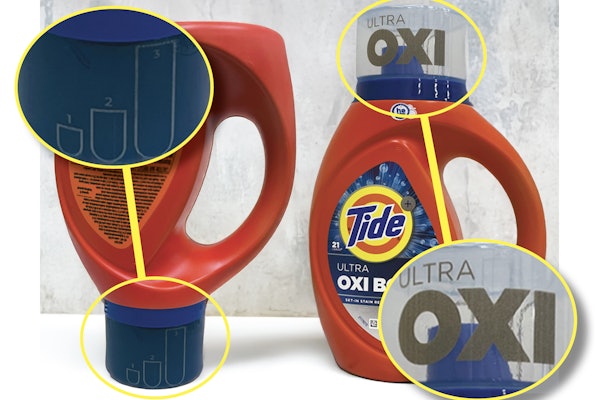For now, here is what I wonder:
1. I wonder whether any food safety bill will pass in the near future. Even if it doesn’t, however, don’t overlook the fact that the Food and Drug Administration’s re-emphasis on food safety had already begun. Remember that an unprecedented, multi-faceted coalition has been pushing for FDA funding on food safety for several years, and actually succeeded in getting the FDA more money. That was the coalition that brought together consumer advocates and former FDA and HHS officials and even large industry groups, all lamenting the decreased FDA budgets for food safety efforts. Even without the new law, FDA’s already been more active on food safety enforcement.
2. I wonder if this really is the “first major food safety update since the 1930s.”
Legislators and media people like to use dramatic phrases like that, but in this case, it would be misleading because it would overlook the many food-related adjustments that have been made to the Federal Food, Drug and Cosmetic Act since its initial passage in 1938.
For example, as recently as last year, the Reportable Food Registry was added, which requires companies to report to FDA within 24 hours of discovering food that might be a danger to health. In the early 2000s, after 9/11, Congress passed the Bioterror Act to change FDA’s legal powers specifically to help it assure food safety. The new provisions required companies to give FDA prior notice of food imports, to register food facilities, required recordkeeping, and gave the FDA power to detain potentially dangerous products.
3. I wonder why the public is so interested in mandatory recall authority.
FDA has since 1938 had the powers to get court orders for seizure of product, injunctions against an operation, and to criminally prosecute companies and responsibile individuals, but could not order recalls. The public is very familiar with recalls, because they are often accompanied by publicity, so the public is often surprised to hear that they are always voluntary.
Government studies have shown that food recalls are often not 100% effective, but it is a legitimate question whether the FDA really needs to have the power to order recalls. Most companies who need to recall, recall, and commonly do it in voluntary cooperation with FDA.
In the rare case when a company or person intentionally violates the law by knowingly marketing an adulterated and dangerous food product, who thinks that person or company would cooperate with an order to recall?
Also, a company that has shut down because of a food safety problem or financial problems has no capacity to conduct a recall, so you can order them all you want, and nothing is going to happen.
And, hey, what about the aforementioned Reportable Food Registry? We’ve got one eye on regulatory liability from FDA, another on civil liability to injured consumers or a class action case on behalf of aggrieved consumers, what responsible company would not recall a product it had reported publicly as being a potential danger to health? The answer of course is very few, and the ones who would do so are the kinds of people with such criminal intent that they would not honor an order to recall in any event.
What hasn’t been commonly remarked upon is that the recall provision in the Senate bill also has a provision that gives FDA a wholly new enforcement power, call it administrative injunction. Together with its ability to order a recall of a product, FDA would have the ability to order a company to “immediately cease distribution of such article.”
And that’s not even their only source of new power to shut down food facilities: FDA would get a new power to suspend a facility’s registration if it thinks it was involved with making or moving food that “has a reasonable probability of causing serious adverse health consequences or death to humans or animals.”
4. I wonder what the biggest impact will be of the would-be food safety law. Again, it’s interesting to look at the FDA enforcement powers that are added by the new law—recall orders, administrative injunction, more power to see documents in food plants during inspections—but those will only affect companies when something goes wrong. And a handful of new obligations on imported foods will only fall upon importers.
But every company, except the smaller ones who are exempted, will have to contend in a day-to-day operational manner with a new requirement for what is in essence a HACCP program within their facility. Food companies would be required to evaluate their processes and materials for potential hazards, create controls for those hazards, control them, and keep documentation of what they do, just as is now required for meat and poultry, juice, and seafood makers. That’s the single biggest certain effect on food companies of the new food safety law.
And speaking of meat and poultry, they are regulated not by FDA but by USDA, so they stand on the sidelines of all the expected new changes. Will we next see a move to combine FDA and USDA?
One has to wonder.

























